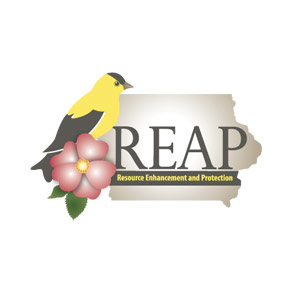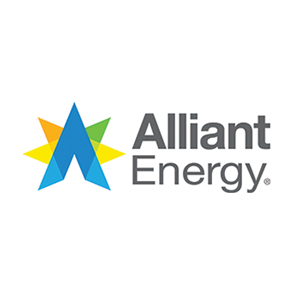Thermal Reaction When Cooking Food
Students have probably seen some sort of food be cooked whether that was on a stove, in the oven, over a fire, or on a grill. They have probably noticed that there is often a color change associated with cooking food and they may even be familiar with some of the acid/base reactions that occur in baking that lead to the baked goods being fluffy. This phenomena will help students tie in their understanding of how heat and concentration can affect the rate of the chemical reactions that occur when cooking food.
Driving Question
- What makes pancakes (and other foods) turn brown when they cook?
Probing Questions
- What kind of things do you notice about food when you cook it?
- If you left a piece of raw food out, would it eventually start to cook at room temperature?
Classroom Suggestions
Students could:
- Research different reactions that occur when food is prepared. (ACS articles below would be a great resource for this)
- Make variations of a pancake recipe to see how concentration of certain ingredients would affect the outcome of the pancakes.
Relevant Related Resources
Chemistry of Pancakes | YouTube: This video goes through the chemical reaction that is occurring when pancakes cook. This video can be shown as a follow along while making the pancakes, or it can just be shown to the class. It is geared a little more toward younger students, but I still think it could be used in a junior level chemistry class.
Food Chemistry Articles | ACS: This is a link to a large collection of scientific articles from the ACS. This could be used to have students look at different reactions that are occurring in different prepared foods. It is even separated into categories, so if the teacher wanted to focus on a certain category, that would be easy to do.
Iowa Core Alignment
HS-PS1-5:Apply scientific principles and evidence to provide an explanation about the effects of changing the temperature or concentration of the reacting particles on the rate at which a reaction occurs
Credit Info
Phenomena submitted by Lucy Peterson
Funding for Iowa Science Phenomena provided by:




